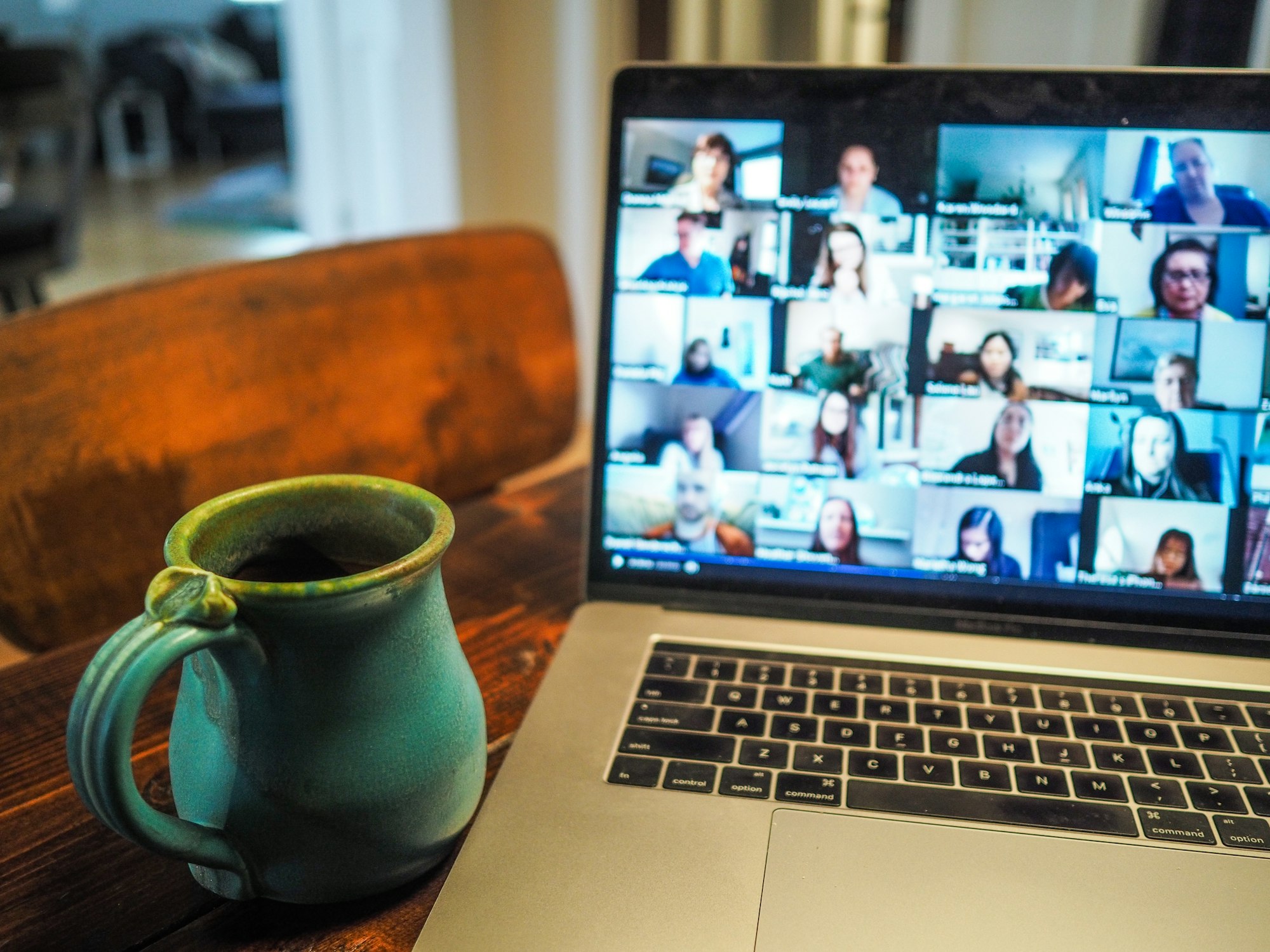How to Care for Your Mental Health During the Pandemic
A second wave of mental health devastation caused by COVID-19 is imminent. Care for your well-being with these tips.

To say that the pandemic has disrupted our lives is an understatement. The spread of COVID-19 endangered to our health and the months-long lockdowns threatened our economic stability as well. A lot of us had to adjust to drastic changes in our lives and consequently had to worry not only for our health but for our jobs, finances, and the loneliness of increased confinement at home among many other issues. Grappling with an uncertain future, some of us had to face the new normal with feelings of fear and helplessness, which all undoubtedly take a toll on our mental health.
Through the World Health Organization (WHO), the National Center for Mental Health (NCMH) revealed that there had been a significant increase in depression-related hotline concerns. Numbers had jumped from just around 80 calls pre-lockdown to nearly 400 after.

While quarantine measures are relaxing as we near the end of the year, our battle against the virus continues and it will continue to affect our lives in the coming months. CNN reports that mental health experts foresee a second wave of mental health devastation caused by COVID-19. As such, it is important now more than ever that we look after ourselves — mind, body, and soul. Ahead, we list down some tips that can help you care for your mental health during the pandemic.
Take care of your body
Being mindful of your physical health is the number one rule of self-care. Get enough sleep, eat balanced meals, and don’t forget to exercise a few times a week. Even if you’re mostly staying at home, it’s important you build a routine and stick to schedule to help you feel more in control. Not to mention, when your body is healthy, it would be less vulnerable to diseases that might just increase your anxiety over contracting COVID-19.
Stay informed
Speaking of dealing with increased worry about the disease, it would do you better if you stay up-to-date with current events, especially those regarding the pandemic. Know what you need to know about the coronavirus. Being out-of-the-loop might lead you to feeling more nervous. Read, listen, or watch news from reliable and official sources so you know you’re getting information that can be trusted. Stay away from fake news or viral rumors that are widespread on social media during the pandemic.

Take a break
Be informed but know when to stop. If reading through an endless chain of negative updates is a cause for your stress, take a time off. Doomscrolling would just worsen your outlook. Instead, make use of your free time to relax. Focus on your hobbies and perhaps try new ones to keep your mind off of things for a bit.
Connect with others
Having suffered strict quarantine measures for so long hindered us from meeting our loved ones for most of the year. That’s why it would be a greater help for everyone if you set aside some time to contact and reconnect with them. Let them know you’re there for them, and likewise, if you’re feeling lonely, reach out to chat with them. Having someone to talk to in these difficult times helps lighten the burden we’re feeling.
However, do all these virtually. Although malls are opening up to accept more visitors, it’s still unwise to head out for non-essential activities as the country’s COVID-19 cases are continuing to rise. It’s understandable that you miss them, but you and your friends will be safer by staying in your respective homes and catching up via social media.

Seek help
Don’t be afraid if you’re really having trouble managing your stress. In the unprecedented turn of events, it’s totally normal to have a hard time transitioning.
It’s a difficult time for everyone but it might be harder to cope for some. Those with pre-existing mental illnesses like depression, anxiety, bipolar disorder, and so on are more vulnerable during the pandemic. Older people or those with underlying medical conditions that are at-risk to COVID-19 and even frontliners too might also be struggling.
Don’t hesitate to seek professional help especially when your distress gets in the way of your daily activities and has made it a challenge for you to go through your life as you normally would. If, perhaps, a loved one is experiencing this, help them reach out to mental health professionals that can help them through this time.
SeeYouDoc has a number of psychologists and psychiatrists that can walk you through these hard times. Find the one for you and book a virtual consultation here.
If you or someone you know is in-need of urgent help, call these hotlines:
24/7 NCMH Crisis Hotlines: 0917 899 8727 (USAP) or 7 989 8727 (USAP)
Natasha Goulbourn Foundation (NGF): 02 804 4673 (HOPE), 0917 558 4673 (HOPE) or 2919 (toll-free for GLOBE and TM subscribers)